Geraghty
Rinker & Baker LLP

Cason
Rinker & Baker LLP

Rinker & Baker LLP

Rinker & Baker LLP
s the pandemic enters its second year, the increasing availability of COVID-19 vaccines appears to offer hope of an imminent return to normalcy. Alaska has led the nation in the early stages of vaccination—distributing more doses per capita than any other state, despite our geographically dispersed population.
As more people become eligible for the vaccine, however, the conversation around their distribution is likely to shift. Currently, the central question is: “Who should be allowed to get a vaccine?” However, once vaccine doses become more widely available, and are opened up to the general population, the central question will likely become: “Can someone be required to get a vaccine if they don’t want one?”
From a legal standpoint, arguments over mandatory vaccinations are nothing new. Alaska statutes allow school districts, in certain situations, to require immunizations prior to children attending school (Alaska Statute 14.30.125). Likewise, many healthcare employers require employees to receive regular flu shots to work in clinical settings.

Additionally, there are at least two possible exceptions to this rule: employees with certain health conditions and employees with religious objections to vaccination.
Employers requiring COVID-19 vaccinations may nevertheless exclude such individuals from the workplace if the employee would pose a “significant risk of substantial harm to the health or safety of the individual or others that cannot be eliminated or reduced by reasonable accommodation.”
Whether an unvaccinated employee can be reasonably accommodated, without undue burden on the employer, is a question that must be determined on a case-by-case basis. For instance, if an employee is able to easily work from home or has been doing so for the past year, then accommodation is likely possible. On the other hand, for employees of contractors that perform work on a physical jobsite around others, accommodation may not be possible.
Additionally, employer screening questions related to vaccinations may implicate the ADA privacy rules. As a general matter, simply requesting proof of vaccination is probably not a disability-related inquiry. However, if an employee has not been vaccinated, then asking follow-up questions as to “why” may be considered a disability-related inquiry. Per Equal Employment Opportunity Commission guidance related to the ADA, employers must prove such questions are “job-related and consistent with business necessity” or else avoid asking them. If employers do retain disability-related information, it must remain fully confidential at all times.
Employees with sincerely held religious beliefs that prevent them from being vaccinated must be accommodated by their employers, unless doing so would cause undue burden on the employer.
Title VII of the 1964 Civil Rights Act prohibits employers with at least fifteen employees, as well as employment agencies and unions, from religious discrimination. In the context of vaccinations, if an employee’s “sincerely held religious beliefs” would be violated by receiving a vaccination, the employer may be required to make reasonable accommodations for the employee, unless doing so would cause undue hardship on the employer. Undue hardship under Title VII is one that would have more than a minimal cost or burden on the employer.
In practice, this is a case-by-case inquiry, similar to that for employees with health conditions under the ADA. Further, an employee’s claim to “sincerely held” religious beliefs are given strong deference but are not unquestionable. If an employer has reason to believe an employee is misrepresenting their religious beliefs, they may generally ask for additional information.

